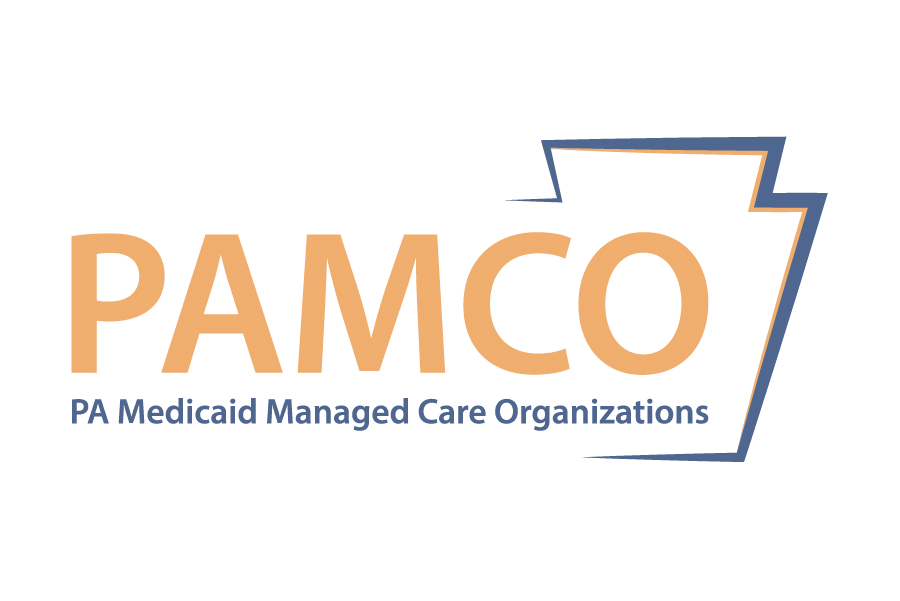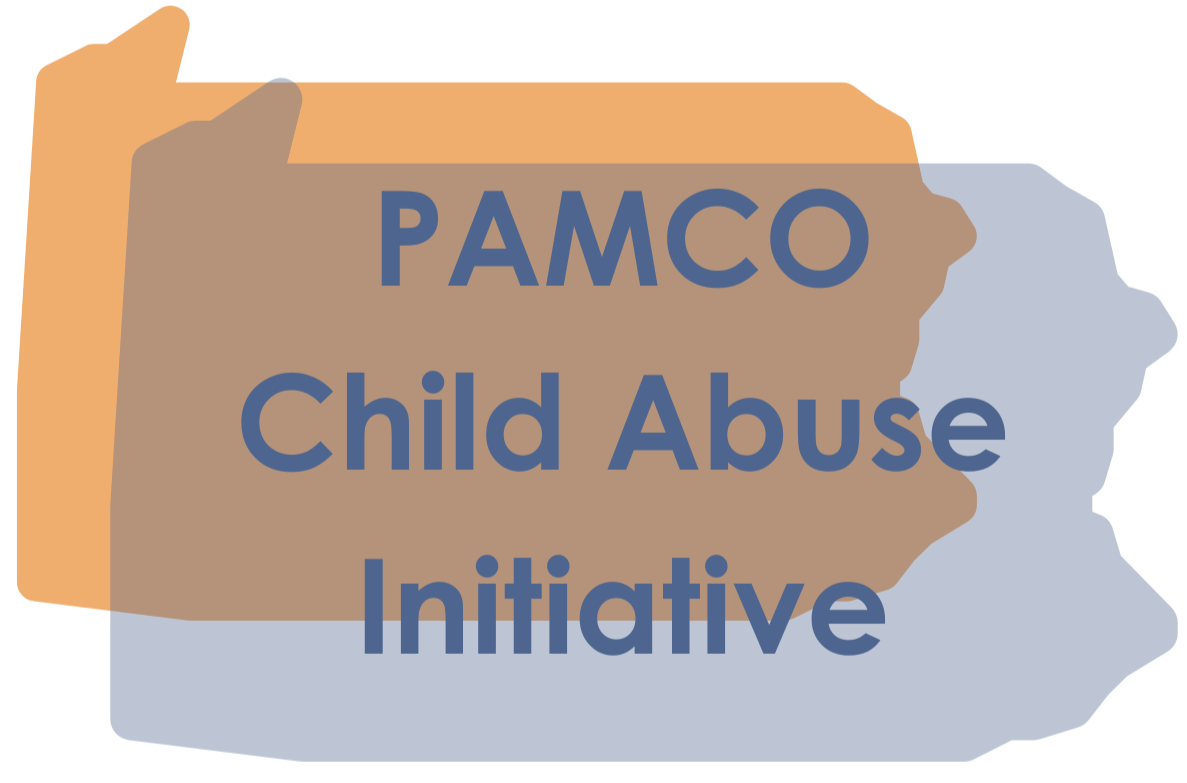PAMCO Child Abuse Initiative
Protecting our most vulnerable children from maltreatment
Did you know?
More children in the US die every year from child maltreatment than die from COVID, RSV and influenza combined. Many of the children who die or nearly die from abuse had been previously evaluated by physician(s) who did not recognize and/or properly evaluate the abuse.
The importance of identifying child abuse early?
Identifying abuse in its milder forms (e.g., abusive bruising or an abusive fracture) and intervening at that time can reduce the likelihood of more severe forms of abuse such as abusive head trauma (e.g., shaken baby syndrome) which are far more devastating and expensive.
Most children with injuries which are suspicious for abuse are evaluated by adult-trained providers, most of whom have little, if any, specific training in child abuse.
More than 1/3 of children ultimately diagnosed with abusive head trauma – the most devasting form of abuse – have previously been evaluated for more minor injuries which, in hindsight, were the result of abuse but were not recognized as such.
How the program works
In January 2018, PAMCO started funding the PA Child Abuse Initiative to assist in the identification, evaluation and reporting of abuse. As part of the initiative, a team of child abuse experts reviews the medical record of every child who triggers a child abuse clinical decision support system which is embedded in the electronic health record in 19 community UPMC emergency departments which are located as far east as Clinton and Lycoming Counties, as far west as Allegheny County and as far north as Erie County.
When there are deficiencies in evaluation or assessments, our team works with primary care physicians and emergency departments to obtain additional necessary testing, and/or provide expertise for Child Protective Services Approximately 600 children annually trigger the child abuse alert system; more than 3000 visits have been reviewed. The Child Abuse Initiative has directly intervened in ~300 cases since 2018; the outcomes in these children were directly impacted by our ability to provide child abuse-related expertise including recommendations for additional medical testing, evaluation by a child abuse pediatrician, completion of a chart review to assist child protective services in protecting the child identified by the Initiative and their siblings, and/or court testimony. We have unequivocally saved the lives of children as part of this program and have been able to protect children from unnecessary removal from their caretakers. In some cases, the treating physician did not recognize that injuries were the result of abuse, but in an almost equal number, physician believed that injuries were abusive, when they were accidental or related to an underlying medical condition.
Sustainability and expansion of this program throughout PA is essential to protect our most vulnerable children.
Pennsylvania’s Telephonic Psychiatric Consultation Service Program (TiPS)
What is TiPS?
The Pennsylvania TiPS program gives Primary Care Providers (PCPs) and prescribers of behavioral health medications fast access to a child psychiatry consultation team. The goal is to support providers caring for children and youth (up to age 21) with behavioral health needs covered by Medicaid’s HealthChoices program and Pennsylvania’s CHIP program.
TiPS connects providers to regional teams that offer:
Immediate phone consultations with child psychiatrists
Care coordination to link families with local behavioral health resources
Short-term support for children until community care is in place
Education and training for practices on behavioral health topics
-
Each regional team includes:
Child psychiatrists
Licensed therapists
Care coordinators
Administrative support
-
Call your regional TiPS line. You’ll be connected with a child psychiatrist within 30 minutes (often immediately).
Get guidance. The consult may provide an answer, suggest resources, or connect the family to additional services.
Support for families. Care coordinators and therapists step in as needed to provide referrals, short-term therapy, or transitional support.
Stay informed. The TiPS team keeps you updated on referrals and outcomes.
-
TiPS can support you directly through consultation, case discussions, and training sessions tailored to your practice.
-
Families do not call TiPS directly. Instead, your child’s doctor uses TiPS to get guidance and to connect you with services, ensuring faster access to the right care.
Training & Education
TiPS teams for each zone are available for training and education based on the needs and desires of the practice. These can be brief “brown bag” lunches on specific topics, round table seminars with multiple practices, grand rounds, or case consultations.
Safe prescribing practices and medication updates
Use of screening and assessment tools
Managing behavioral health conditions (e.g., ADHD, self-injury, substance use)
Building referral networks
How to enroll in TiPS
There is no fee to enroll; TiPS is funded by the Pennsylvania Department of Human Services (DHS) through the Medicaid Managed Care Organizations (MCOs) and is free for all prescribers of psychotropic medications to use. The team you work with is determined by geography; there is a TiPS team in each Health Choices Zone. Supervision of the program is provided by the MCOs, who are contracted with DHS for the Health Choices program. You can contact your TiPS team at the number below to enroll.
Once your practice enrolls in TiPS, the regional team will come to your office or provide education over the phone for you and your staff. They will explain the program, how to access services, answer questions, and discuss expectations.
Regional TiPS Teams
Northeast & Lehigh/Capital Zones: Penn State Hershey — 800-233-4082 (press 3)
Southwest & Northwest Zones: Children’s Community Pediatrics (Children’s TiPS) — 844-WPA-TiPS (972-8477)
Southeast Zone: Children’s Hospital of Philadelphia (CHOP) — 267-426-1776
Once enrolled, your TiPS team will provide an orientation for your practice and ongoing support.


